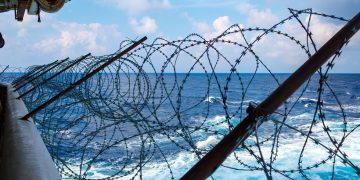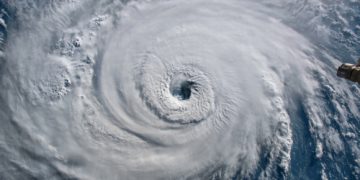Guidance for good practice for ships using ECDIS
MPA Singapore Circular 25/2015 MPA Singapore has issued Circular to bring the attention of operators to the IMO Circular MSC.1/Circ.1503 - ''The ECDIS: Guidance for Good Practice'' which approved during the ninety-fifth session of Maritime Safe Committee.Ship owners, managers, masters and deck officers of ships fitted with ECDIS are strongly encouraged to use the guidance to improve their understanding and facilitate safe and efficient usage of ECDIS.ECDIS Training Masters and deck officers on ships installed with ECDIS must have thorough knowledge and ability to use ECDIS for safe and efficient voyage. They should undertake approved Generic ECDIS Training meeting the competency requirements prescribed in 2010 Manila amendments to the STCW Convention and STCW Code. In addition, they must undergo Familiarisation Training to have operational knowledge of the specific model of ECDIS installed on the ship. Appropriate resources supplied by the ECDIS manufacturer (e.g. courses in ECDIS training centre ashore, e-learning viaDVD or similar means) may be accepted as part of the ECDIS Familiarisation Training. Trickle down training (i.e. one officer informally trains another on board a ship) is not acceptable. If Familiarisation Training is to be conducted on board, such training should be properly structured, provided by a dedicated officer ...
Read moreDetails




























































